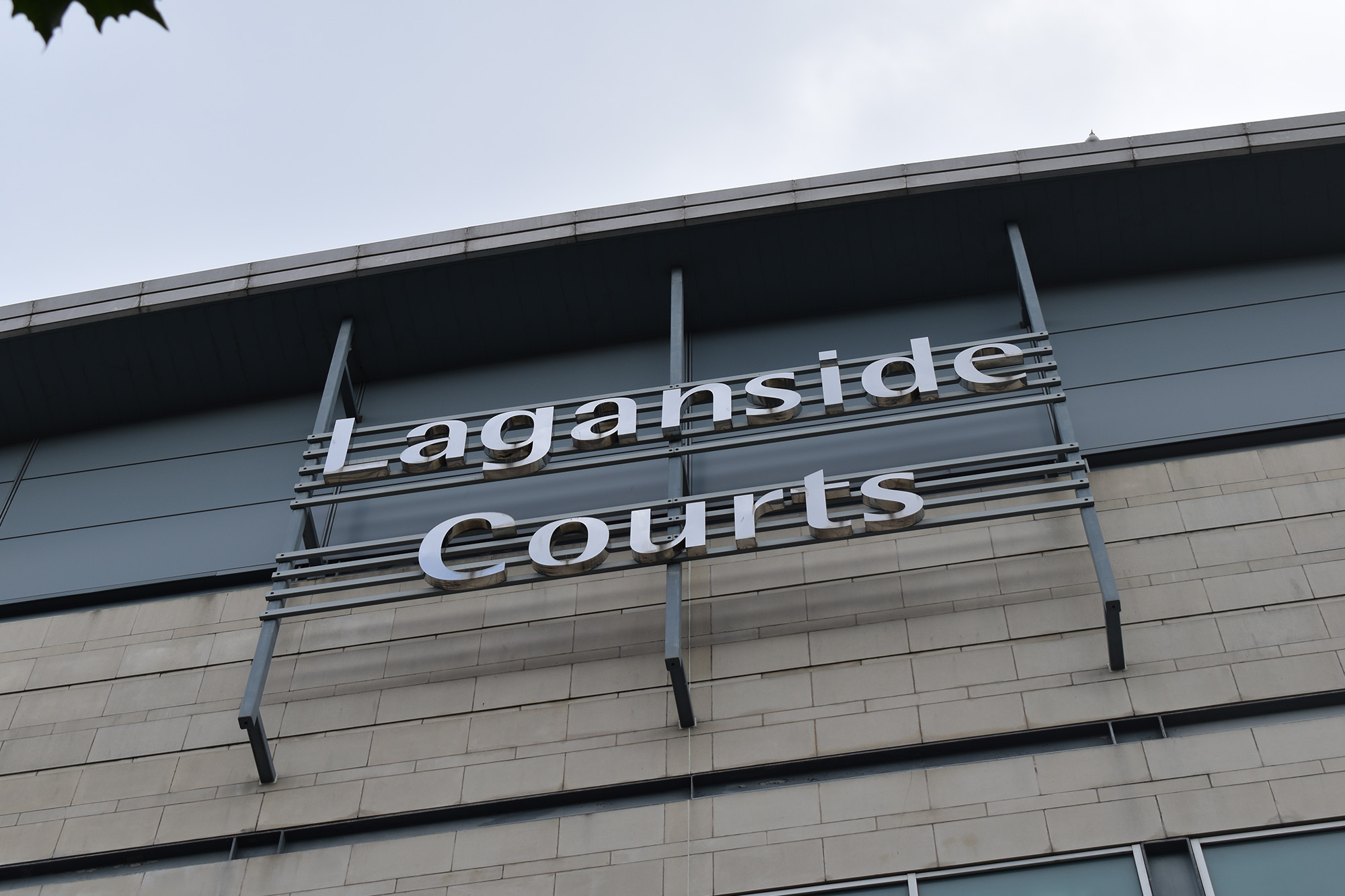NI Crown Court: Serious crime prevention order refused in respect of mother who took part in cannabis supply ring

Northern Ireland’s Crown Court has refused to make a serious crime prevention order in respect of a mother-of-three who played an organisational role in a cannabis supply network.

About this case:
- Citation:[2025] NICC 1
- Judgment:
- Court:Crown Court
- Judge:Judge Patricia Smyth
Delivering judgment for the Crown Court, Her Honour Judge Patricia Smyth stated: “It is of course possible that further offending will occur, but a bare possibility is insufficient to meet the statutory test for an order.”
Background
The defendant, a mother with no previous convictions, pleaded guilty to offences relating to being concerned in the supply of class B drugs and possession of class B drugs with intent to supply, assisting or encouraging possession of class B drugs with intent to supply, attempting to remove criminal property and removing criminal property.
The offences represented a period of offending by the defendant from September 2019 to August 2020, as part of a criminal network involved in the supply of cannabis throughout Northern Ireland in which she played an organisation role, arranging addresses to receive drugs consignments, transferring cash back to the UK mainland concealed in rice cookers and being in direct contact with a “London boss”.
The defendant was sentenced to three years and nine months, comprising one year’s imprisonment with the remainder on licence.
The Director of Public Prosecutions applied to the Crown Court for a serious crime prevention order (SCPO) pursuant to the Serious Crime Act 2007.
The Crown Court
The Crown Court highlighted that the issue in dispute was whether there were reasonable grounds to believe that the grant of the order sought would protect the public by preventing, restricting or disrupting involvement by the defendant in serious crime.
The court considered the wording of s.19 of the 2007 Act, noting that the defendant had pleaded guilty to both “serious offences” for the purposes of s.19(3) and an offence (being concerned in the supply of class B drugs) which was not specified as serious but which, pursuant to s.3(2)(b), Judge Smyth decided to treat as a serious offence for the purposes of the application in light of the nature and extent of the offending and the organisational role played by the defendant.
Summarising the principles arising from R v Hancox and Duffy [2010] EWCA Crim 102 and R v Glenn Rainey, Mark Rainey and William Hunter [2023] NICA 69, the court then explained that having regard to Animal Defenders v United Kingdom [2013] 57 ECHR 21, “the importance of protecting the public from serious crime involving the distribution of illegal drugs means that the interference with private rights may be of less importance than it might otherwise be”.
Turning to the extent of the risk necessary to make the order sought, Judge Smyth referred to the Court of Appeal in R v Carey [2012] EWCA Crim 1592, which upheld the making of an SCPO in circumstances where the trial judge had found that the defendant in that case did not pose a “particularly high risk” of reoffending, finding: “A risk that is ‘not particularly high’ is still a real risk.”
Moving to consider the terms proposed by the applicant, the court emphasised that in evaluating future risk, it was necessary to consider not only the facts and circumstances of the offending, but also all of the available information about the offender, pointing out that the “information depicts the defendant as an excellent mother, whose three children have thrived in her care” and that the “psychological ill-health that she has suffered since her apprehension has no doubt been brought about by the realisation of the consequences”.
In the court’s view, those factors were likely to reduce the defendant’s risk of re-offending and in that regard, the judge highlighted that four years had since elapsed during which the defendant had not come to the attention of the police.
Conclusion
Accordingly, the Crown Court could not find reasonable grounds to believe that there was a real risk that the defendant would be involved in further offending falling within the 2007 Act from which the public will require protection, and refused the application.
The King v Yingle Jiang [2025] NICC 1








